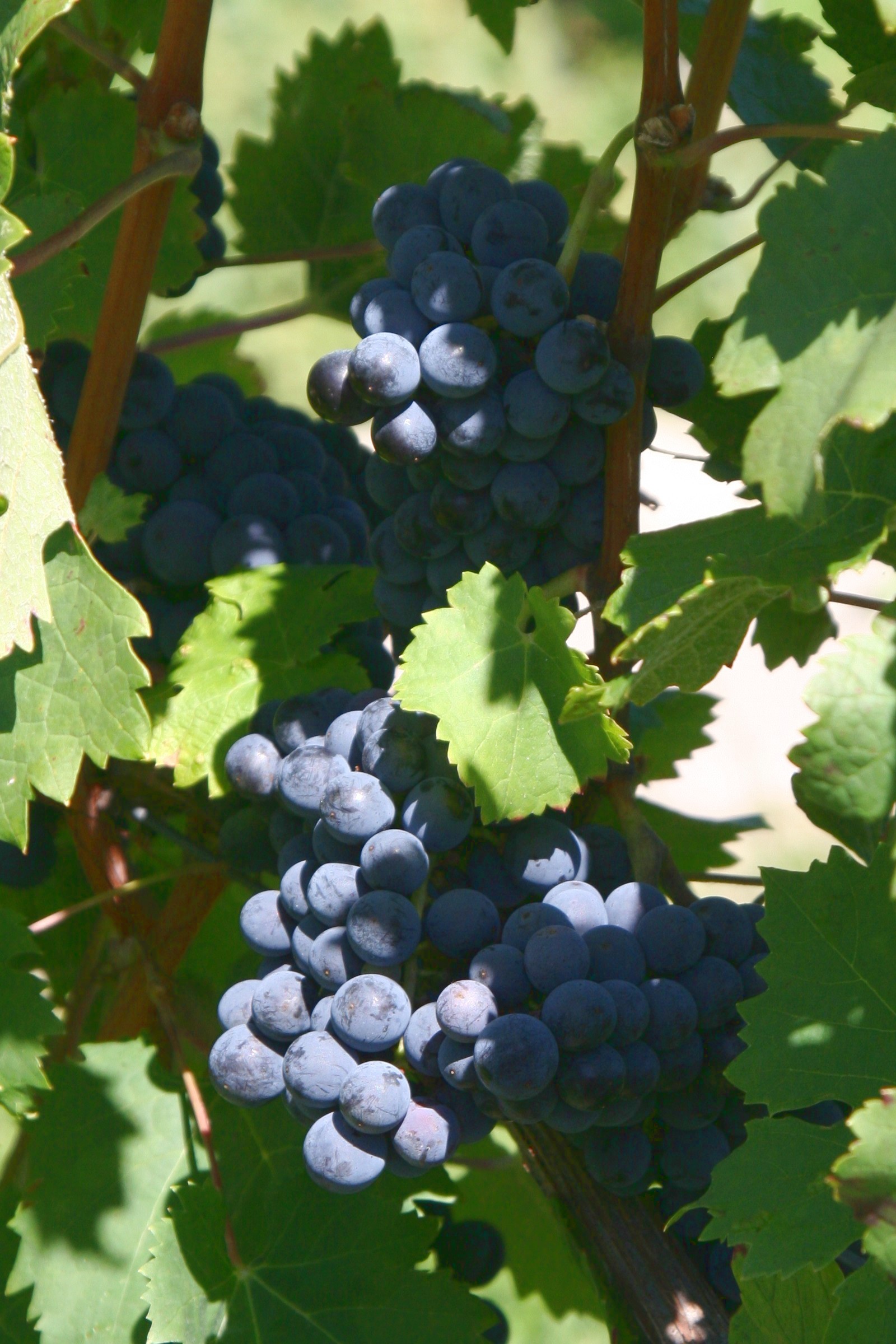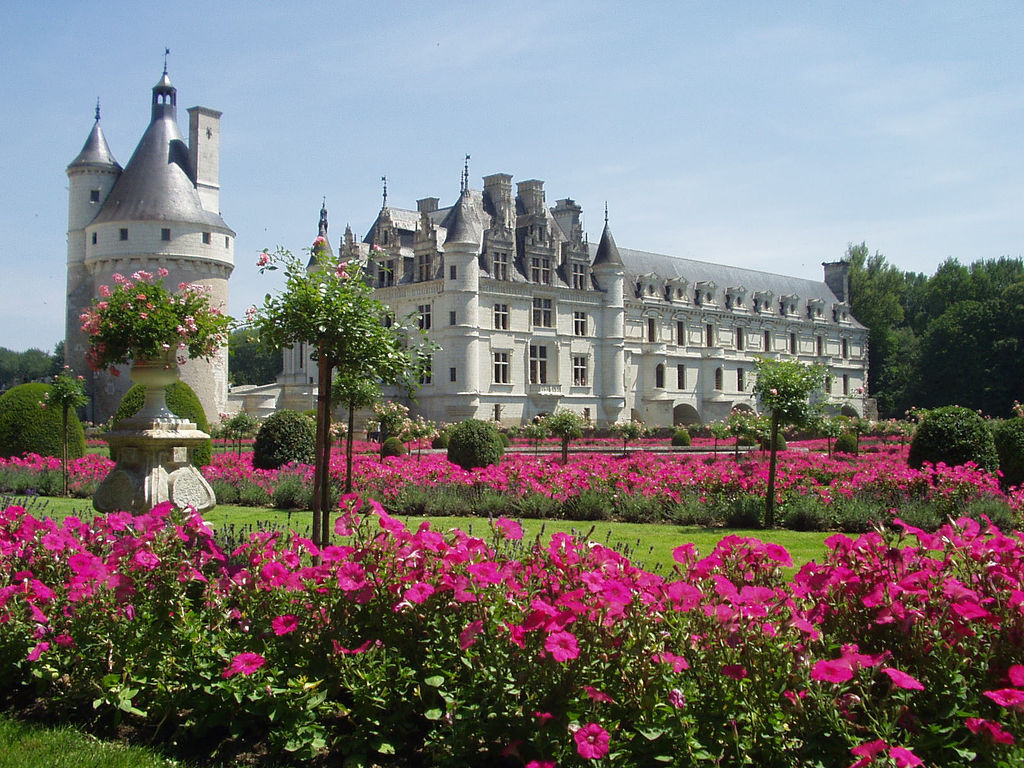|
Château Ferrière
Château Ferrière is a winery in the Margaux Appellation d'Origine Contrôlée, appellation of the Bordeaux region of France. The wine produced here was classified as one of fourteen ''Troisièmes Crus'' (Third Growths) in the historic Bordeaux Wine Official Classification of 1855. The Château has planted with Cabernet Sauvignon, Merlot and Cabernet Franc. A second wine is produced under the label ''Les Remparts de Ferriere''.Kissack, Chris, thewinedoctor.coChateau Ferrière/ref> The estate is run by Claire Villars-Lurton, manager of Château Haut-Bages-Liberal and Château La Gurge, and wife of Gonzague Lurton, owner of Château Durfort-Vivens. Suckling, James, ''Wine Spectator'' (March 31, 2007). '"50 Best Bordeaux under $50" p. 69 History The estate's name comes from its founder, Gabriel FERRIERE, who was a royal in charge of the king's hunts during the 18th century. In 1777, he sold it to his cousins also named FERRIERE. One of them, Jean FERRIERE, will become may ... [...More Info...] [...Related Items...] OR: [Wikipedia] [Google] [Baidu] |
Château Ferrière 2006
A château (, ; plural: châteaux) is a manor house, or palace, or residence of the lord of the manor, or a fine country house of nobility or gentry, with or without fortifications, originally, and still most frequently, in French-speaking regions. Nowadays, a ''château'' may be any stately residence built in a French style; the term is additionally often used for a winegrower's estate, especially in the Bordeaux wine regions, Bordeaux region of France. Definition The word château is a French word that has entered the English language, where its meaning is more specific than it is in French. The French word ''château'' denotes buildings as diverse as a medieval fortress, a Renaissance palace and a fine 19th-century country house. Care should therefore be taken when translating the French word ''château'' into English, noting the nature of the building in question. Most French châteaux are "palaces" or fine "English country house, country houses" rather than "castles", an ... [...More Info...] [...Related Items...] OR: [Wikipedia] [Google] [Baidu] |
Cabernet Sauvignon
Cabernet Sauvignon () is one of the world's most widely recognized red wine grape varieties. It is grown in nearly every major wine producing country among a diverse spectrum of climates from Australia and British Columbia, Canada to Lebanon's Beqaa Valley. This grape variety appeared in France in the 17th century as a result of natural crossbreeding. Its popularity is often attributed to its ease of cultivation—the grapes have thick skins and the vines are hardy and naturally low yielding, budding late to avoid frost and resistant to viticulture hazards. The classic profile of Cabernet Sauvignon tends to be full-bodied wines with high tannins and noticeable acidity that contributes to the wine's aging potential. In cool areas, it has flavors of blackcurrant and green pepper; in warmer places, it may taste like black cherry and olive; in very hot climates, it can have a jammy flavor. History and origins For many years, the origin of Cabernet Sauvignon was not cl ... [...More Info...] [...Related Items...] OR: [Wikipedia] [Google] [Baidu] |
Château La Gurge
A château (, ; plural: châteaux) is a manor house, or palace, or residence of the lord of the manor, or a fine country house of nobility or gentry, with or without fortifications, originally, and still most frequently, in French-speaking regions. Nowadays, a ''château'' may be any stately residence built in a French style; the term is additionally often used for a winegrower's estate, especially in the Bordeaux region of France. Definition The word château is a French word that has entered the English language, where its meaning is more specific than it is in French. The French word ''château'' denotes buildings as diverse as a medieval fortress, a Renaissance palace and a fine 19th-century country house. Care should therefore be taken when translating the French word ''château'' into English, noting the nature of the building in question. Most French châteaux are "palaces" or fine "country houses" rather than "castles", and for these, the word "château" is appropria ... [...More Info...] [...Related Items...] OR: [Wikipedia] [Google] [Baidu] |


